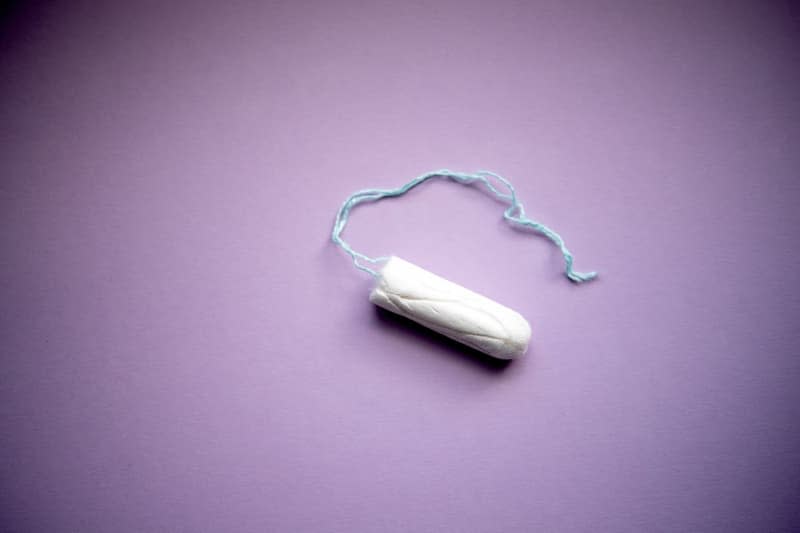Vaginal thrush: What's up 'down there'?

With symptoms that include itching and burning, vaginal thrush is no fun. Many women are understandably reluctant to talk about it, although medical experts say that three out of four get it at least once in their lifetime.
Also called vaginal yeast infection or vulvovaginal candidiasis, vaginal thrush is caused by an overgrowth of candida, a type of yeast, which is a type of fungus.
The most prevalent microorganisms in a healthy vagina, lactobacilli, create a mildly acidic environment that inhibits the proliferation of pathogens. When the natural balance of bacteria and yeast is disrupted, infections can occur.
Two gynaecologists explain how thrush can develop and how it's treated:
What causes vaginal thrush?
Candida are commonly found in the vaginas of sexually mature women. In fact, 30-60% of all healthy people have them on the mucous membranes of their genitals, mouth and throat, and gastrointestinal tract, according to Dr Werner Mendling, director of the German Centre for Infections in Gynaecology and Obstetrics at Helios University Hospital in Wuppertal, Germany.
The presence of candida isn't due to poor hygiene, he remarks, but says they can be spread from one person to another by kissing someone with oral thrush and by oral sex.
While the overwhelming majority of people colonized by candida show no ill effects, this can change with antibiotic use, for example. Antibiotics not only kill pathogens, but also attack the beneficial lactobacilli in the vagina and can make them unable to maintain its pH around 4 and keep candida under control.
"Someone who's generally ill and has a weakened immune system is also more susceptible to yeast infections," Mendling says, adding that stress, too, can encourage an infection. "Candida that have colonized the vagina or penis asymptomatically can then suddenly cause problems."
Some women are more prone to vaginal thrush than others. It's especially common in women of childbearing age, and genetic predisposition may play a role as well.
What doesn't play a role are tampons, Mendling says: "Tampons have no effect on vaginal flora and can be [safely] used, just as menstrual cups can."
What are the symptoms of vaginal thrush?
"Typical symptoms of infections in the genital area are irritation and pain along with itching and redness," says Dr Cornelia Hösemann, executive committee member of Germany's Professional Association of Gynaecologists (BVF).
In addition, there's often a discharge "unlike your normal vaginal discharge, as its consistency, colour or smell differ," she points out. In the case of vaginal thrush, it's usually cottage cheese-like, and yellowish-whitish or pale. Lower abdominal pain can occur as well.
Itching isn't necessarily an indication of a yeast infection, since it's also a symptom of other illnesses of the genital area. "And sometimes thrush doesn't alter the vaginal discharge and you can't discern anything unusual about it," says Mendling.
As a general rule, women should see a gynaecologist whenever they experience itching, burning, pain, an unpleasant odour or other symptoms in their genital area.
Why is it so important to go to a doctor with your complaints?
Consulting a doctor is important in part because there's a lot of misinformation about vaginal yeast infections in circulation. Mendling advises against simply going to a pharmacy and picking up a medication, because a yeast infection isn't always to blame for itching in your genital area.
"And if you really do have a yeast infection, it's important to determine what type of yeast it is, since the treatment depends on it," Mendling says. Different yeasts have to be treated differently.
So a diagnosis should be verified by a gynaecologist. It's possible that bacteria are causing the symptoms - an infection called bacterial vaginosis - in which case the gynaecologist will prescribe an antibiotic.
While vaginal infections are unpleasant, they're usually comparatively harmless, says Hösemann. In rare cases though, they can signal something serious, such as a sexually transmitted disease (STD). For this reason alone, she says you shouldn't practice self-treatment, "especially if the symptoms don't go away or even worsen."
How is vaginal thrush treated?
The doctor will normally prescribe antifungal tablets or suppositories. If the symptoms, such as itching, continue after three days of treatment, you should see your doctor again for further help.
Do tampons soaked in yogurt help by putting beneficial lactobacilli back into the vagina? Hösemann says she can't recommend this home remedy, as the lactobacilli in yogurt differ from those that colonize the vagina and therefore have no impact on vaginal health.
She also discourages home tests for STDs without lab analysis, noting they can be unreliable and provide false results.


